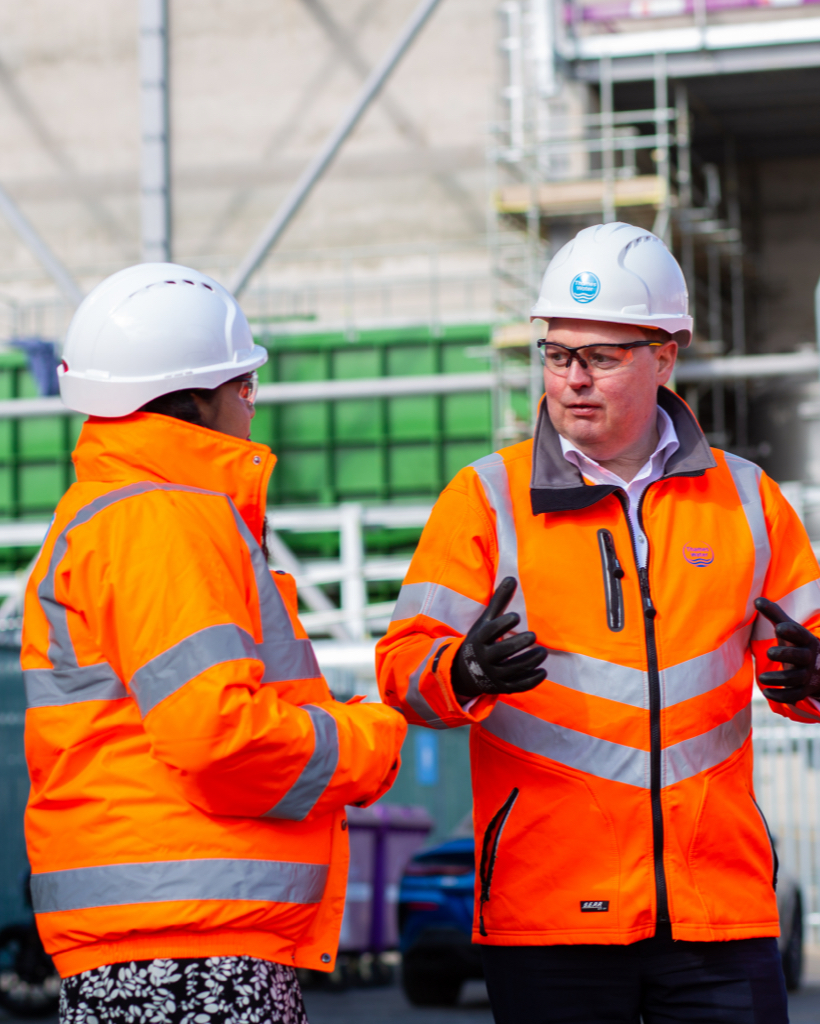Flooding Pollution Control and Prevention

Every commercial premises has a responsibility to maintain high standards of flooding pollution control and prevention, or else run the risk of regulatory action being taken against them. Lanes for Drains can help you proactively manage any risk of environmental contamination with our sophisticated flooding pollution control service.
Call us on 0800 526 488, or fill in our online enquiry form.
As the UK’s leading privately-owned specialist drainage and wastewater contractor, we have years of experience working with leading businesses to keep their drainage systems in optimal working order, minimising the risk of leaks or flooding. We can also help you install technology to keep you fully protected.
With environmental issues becoming increasingly high priorities for businesses, it has never been more important for companies to do their part to prevent pollution. By working with Lanes, you can ensure that your organisation is fulfilling this duty and guaranteeing full compliance with national regulations.
For more information about our flooding pollution control and prevention services, don’t hesitate to get in touch on 0800 526 488, or fill in our online enquiry form to request a call back.
Our flooding pollution control services
At Lanes for Drains, we offer a range of services to help businesses prevent the risk of pollution and mitigate the impact of flooding, spills and extreme weather:
Planned Preventative Maintenance (PPM) services
Our Planned Preventative Maintenance (PPM) service involves regular visits by our specialist team of engineers, helping you stay on top of the repairs necessary to keep your foul and surface water drainage in full working order.
A system that can operate at optimum capacity is better equipped to cope with severe weather events, which are likely to become more frequent due to the effects of climate change. Preventative maintenance is also more cost-effective than the much higher costs associated with repairs and cleanup after a pollution incident has already occurred.
Installing pollution control technology
Lanes is also able to help you install proactive pollution control technology on your premises, including monitoring devices and specialist non-return valves for your drainage system. This will help to further reduce the risk of flooding and pollution, ensuring you are able to keep track of any potential issues before they occur.
Why is pollution prevention so important for businesses?
Awareness of the importance of strong environmental stewardship has never been higher in the British business community. Regulators and consumers alike are paying closer attention to the environmental credentials of companies they work with than ever before, making it essential for these organisations to take this duty seriously.
If your business is found to be responsible for polluting or damaging protected species, natural habitats, water or soil, the legal consequences can be severe. Under UK law, you can be charged a potentially unlimited fine on a “polluter pays” basis; in the most serious cases, your organisation may also be prosecuted.
As such, it is vital that businesses are doing all they can to prevent pollution, including contaminants from sources such as sewage and wastewater, production waste, agricultural run-off, oil and chemical spills, or leakage from storage vessels. One of the key ways of doing this is to make sure your premises’ drains are kept in good working order, reducing the risk of the system blocking and backing up in case of a flood.
Why choose Lanes?
As one of the leading providers of drainage and wastewater services in the UK, Lanes is ideally placed to deliver industry-leading pollution control services for your business. With more than 2,200 members of staff across over 25 depots around the country, we are able to achieve nationwide coverage, no matter where your business premises are based.
Our highly skilled engineers will always utilise the most efficient and sophisticated modern technology and methods in our work, meaning they can deliver results quickly and with minimal disruption. We also maintain the very highest standards of health and safety in all of our work and are committed to providing you with a great customer service experience.
No matter what your needs may be, Lanes are here to help you find the very best solution for your business, ensuring that you are able to keep your site safe from pollution risks and your drainage system in an optimal condition at all times.
Contact us
To find out more about our flooding control and prevention services, get in touch today on 0800 526 488. You can also complete our online enquiry form to request a call back at a time that suits you.

With a nationwide network of depots, we are never far away when you need us the most. No location is too isolated, and each team at every depot is as experienced and knowledgeable as any other Lanes team.









